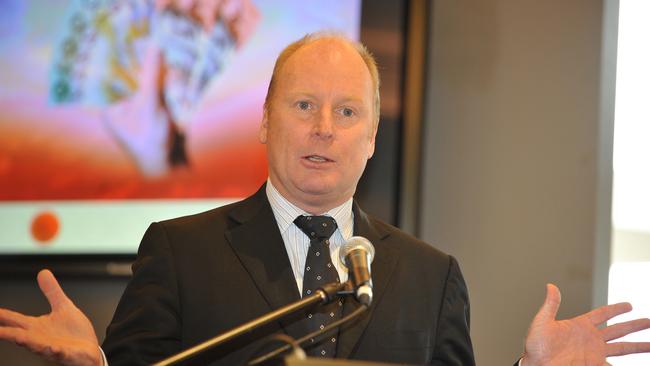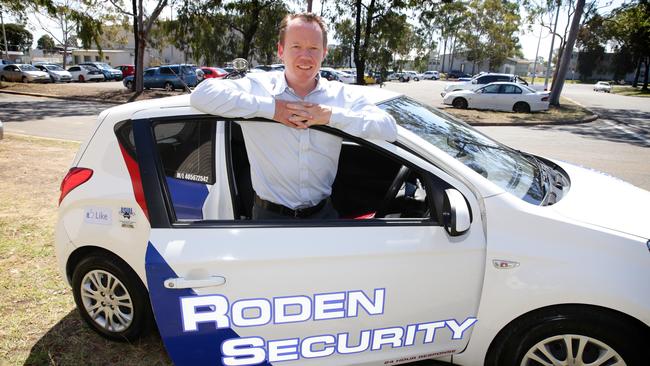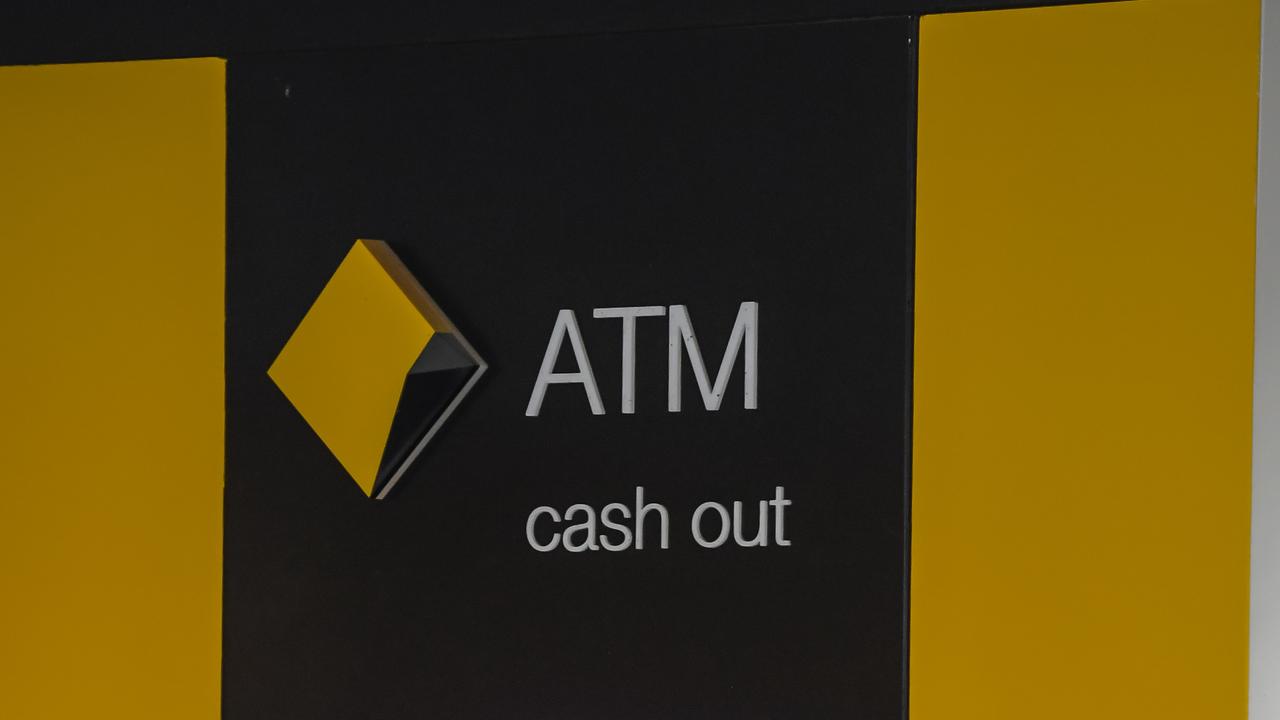Slashing the red tape of government
LAST week, minister assisting the PM Josh Frydenberg announced reforms to cut red tape by $2.1 billion a year.

LAST week, minister assisting the PM Josh Frydenberg announced reforms to cut red tape by $2.1 billion a year.
Most business owners still believe they do the government’s work — collecting payroll tax, superannuation, income tax, workers’ compensation. Then there is regulation: licences, occupational health and safety, compliance, building approvals, employee screening — the list goes on.
And every industry has its own unique set of government regulation to deal with.
As Frydenberg noted, this year’s World Economic Forum Global Competitiveness Index ranked Australia 124 out of 148 countries. In other words, in the worst 20 per cent of countries. “Plainly it is not good enough,’’ Frydenberg said.
The real problem with government regulation is that there is little most business owners can do to avoid it. Try delaying your workers’ compensation or BAS statement for a few months and see how you go. The other problem is that the immediate reaction of government, whenever there is a perceived problem in any industry, is to create more regulation — more red-tape.
It also happens when there is a problem inside government. If legislation is having trouble getting through the senate, say, a committee will often recommend additional regulation. And this is the fine line politicians and industries have to walk.
The bigger problem is duplication — where individuals and companies have to resubmit the same information to comply with the law
On one hand any perceived physical or financial danger to workers or the public will (and should) be heavily monitored and controlled by government agencies. But companies pay dearly to keep up with the laws of the land.
Again, Frydenberg estimates more than one million people are employed in the “compliance industry” in Australia, from a total 11.7 million workers. Australian companies pay wages to an extra 8.5 per cent of workers, with all of the extra on-costs, simply to keep up with bureaucracy. The Productivity Commission estimates it to be about 4 per cent of our GDP.
There are a number of examples in the government’s latest changes but one of the best is that more than 32,000 small businesses that have no GST payable will, in the future, not be required to submit a BAS. Another 320,000 that have small payments will not have to comply with pay-as-you-go requirements.
You or I might say: “Well, isn’t that obvious?” But until now little had been done to lift a small but regular burden from business owners.
The bigger problem is duplication — where individuals and companies have to resubmit the same information to comply with the law. This goes from areas such as licensing for government jobs to environmental standards for different parts of government and to safety standards.
The first step by this government should be applauded, but it is only a first step. Businesses should actively examine their own interactions with government and push aggressively for even more changes to create efficiency.
SECURE INDUSTRY NEEDS NATIONAL STANDARD
CHRIS Hodge operates in one of the country’s most heavily regulated industries.
The security industry not only has to deal with normal agencies including the Australian Taxation Office, but endless other state bodies that require licences to allow his teams to operate.
For more than a decade the security industry has been calling for a national standard. Yet, despite its importance around events such as the G20 summit in Brisbane, that remains elusive.
As Bryan de Caires, CEO of the Australia Security Industry Association, says: “One of the biggest bugbears for security providers in different states is the frustration of needing multiple licences to perform the same activity.”
And as Hodge, who runs award-winning Roden Securities based at Bankstown Airport, will tell you, the industry is tough enough without the regulation.

He’s been in it long enough. His parents set up the business when his salesman father decided there had to be a better way to make a living. Fast forward to their son, in his 20s, on a night patrol at a metals-fabricator that made the golden arches for McDonald’s. It had had a spate of robberies and Chris came face to face with the perpetrator. After a scuffle he made a citizen’s arrest. But it was a reminder that protecting property can be risky.
Now, after 40 years and cost competition, Hodge knows that his business has to change again and is striving for even greater efficiency. “We have had to cope with rivals using phoenix companies to go broke and re-emerge.”
Cutting some of the red tape from his business would help enormously. “Regulatory bodies consult, then they don’t consult: sometimes I think they just make their own minds up,” he says of the myriad bodies that have some interest in his industry.
But for all that, Chris wouldn’t want to be anywhere else. He tried to walk away twice, but each time came back to the family firm.
“When you try something in the business, and it works, it is terrific, it’s exciting.”



